Complexity Gaming is a well-established brand within the North American esports industry. For the better part of esports history, the black-and-red crew has fielded a few important international teams throughout the years. Today, over 16 years after its creation, the organization has announced a completely staggering rebrand.
Instead of the traditional colors of the brand, Complexity has opted for white and blue as the representation of their team’s essence. A blue star makes up the new logo, which definitely resembles that of the Dallas Cowboys. The Texan football squad is currently the sister team of Jason Lake’s organization. One of the main reasons for the rebrand’s timing, according to Complexity’s CEO, is the opening of the team’s newest headquarters in Dallas, the GameStop Performance Center.

The meaning of Complexity’s new logo, however, seems to be deeper than just simply a star. Each of the points of the star actually stands for one of the five C’s of Complexity. Put simply, each point represents a principle that the guys from Texas want to focus on when it comes to esports. They are as follows: competition, community, culture, cause, and convergence.
The rebranding process does not only involve a change to the logo and color scheme, however. The organization has also announced a new website, shop included, and even a company manifesto. This all seems to strive towards what Jason Lake and co. call “Esports 3.0.” The term is defined as a new way of understanding the industry of competitive gaming. Influenced by the Dallas Cowboys’ trends, Complexity wants to fight for a world in which all professional esports players are treated exactly as sports athletes.
Their new manifesto goes in line with this aim. The said text talks about inclusion and supporting the future of esports under the “This is our game” headline. In a truly inspirational video, Jason Lake says the following about the recent changes: “This expanded vision takes everything we have learned over the course of the last 16 years as a premier esports organization and levels it up.” He then goes on to share his wish of setting a new standard for how all the agents in the industry operate.
Introducing the new @Complexity. #WeAreCOL pic.twitter.com/kCHTyegDpQ
— Complexity (@Complexity) May 3, 2019
Shahzeeb “ShahZaM” Khan, one of Complexity’s CS:GO players, has also announced changes to the graphics of his stream. Apart from the well-known CS:GO roster, Complexity currently also fields teams in myriad esports. Dota 2, FIFA, Clash Royale, Rocket League, Fortnite, and Hearthstone are some of the more remarkable. Additionally, they count with a pretty decent bunch of streamers, ranging from Hearthstone to even Auto Chess.
Performance-wise, Drini “Drini” Gjoka recently took home the Madden 19 Classic. Tyler “Tylerootd” Huang, the most decorated member of the Hearthstone team also got to perform at the Hearthstone World Championships in Taipei. Meanwhile, their Dota 2 roster is hours from debuting at the MDL Disneyland Paris Major.
We will have to wait and see how this rebranding of look and philosophy ends up affecting Complexity in the long run. So far, however, the future seems promising for the most endemic of organizations. If they have been doing it since 2003, why would they not be able to keep with the rhythm?


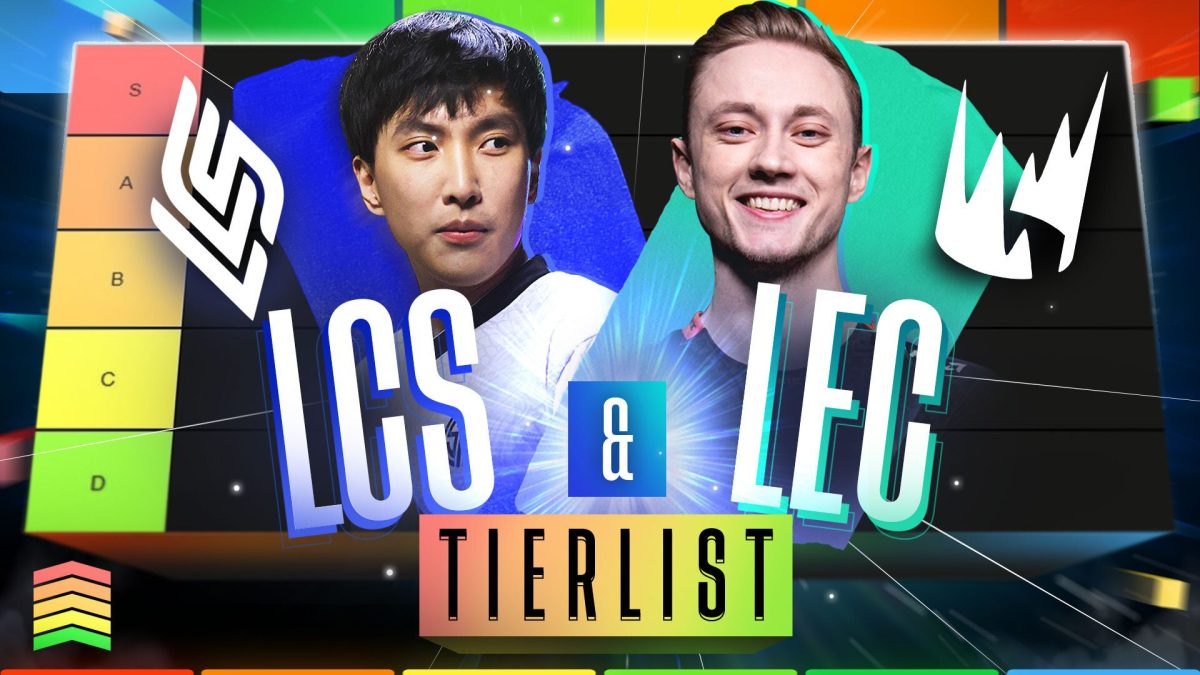
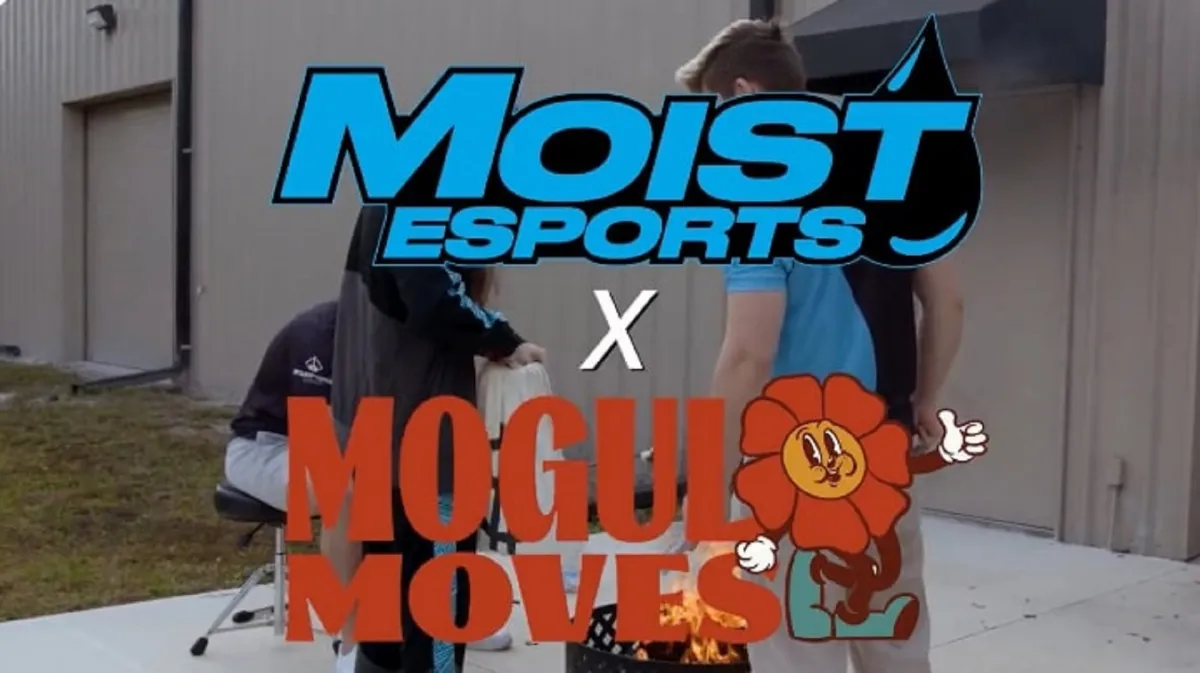
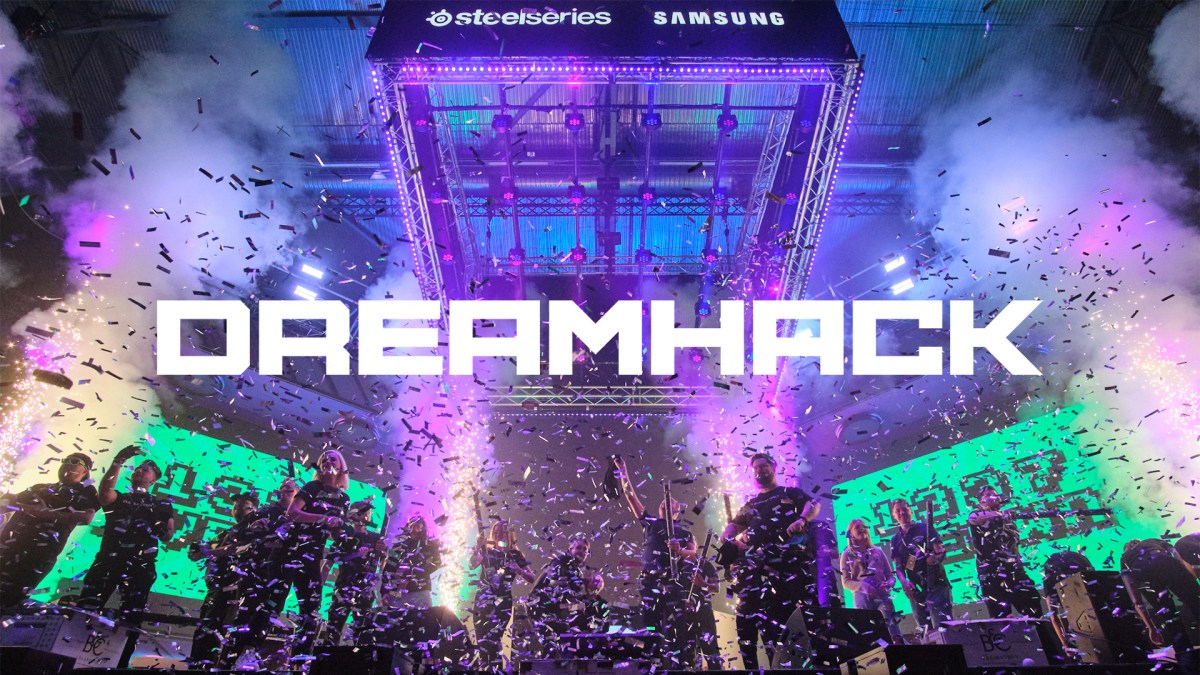
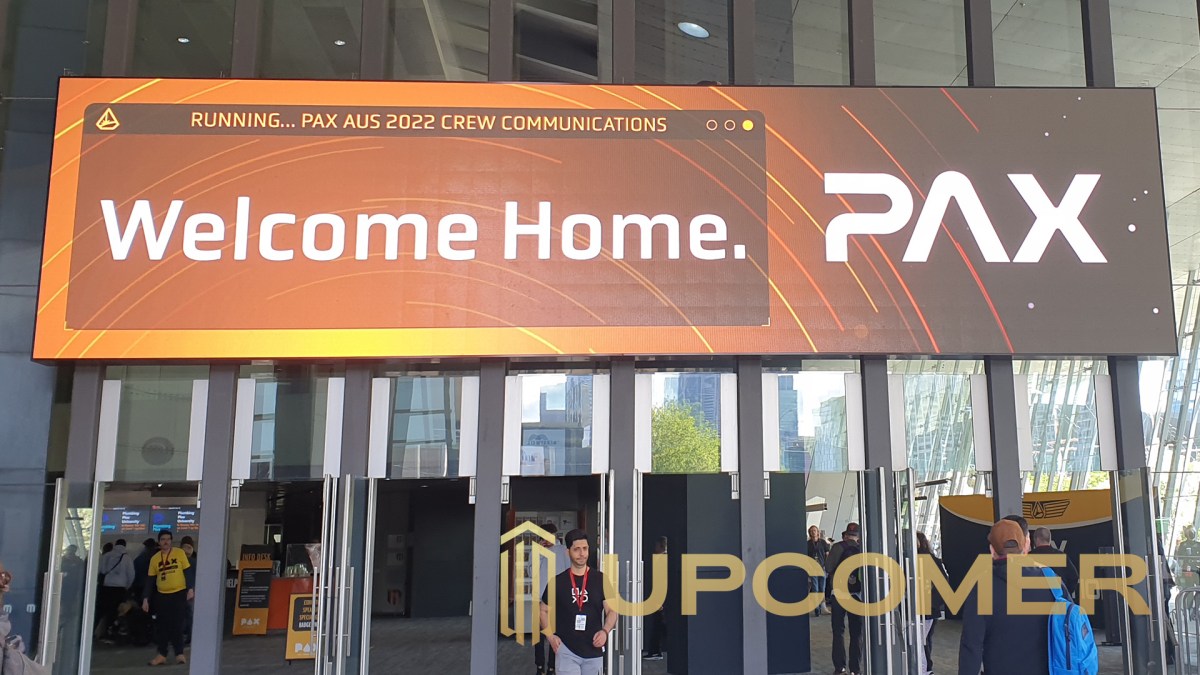

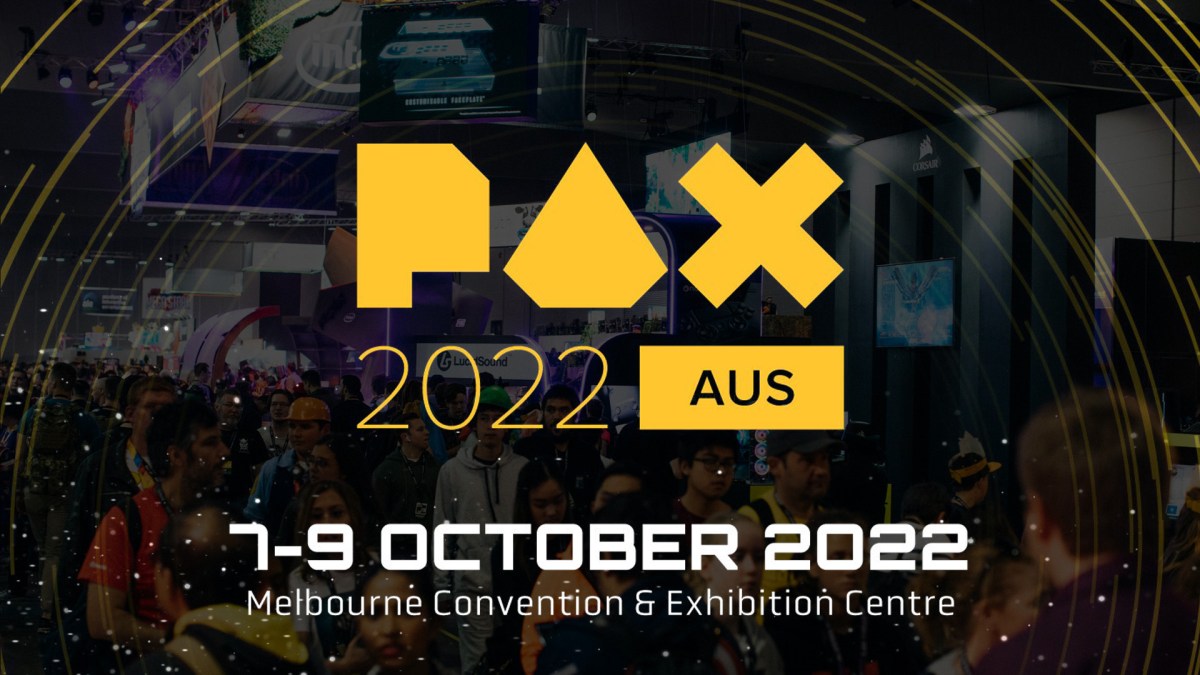
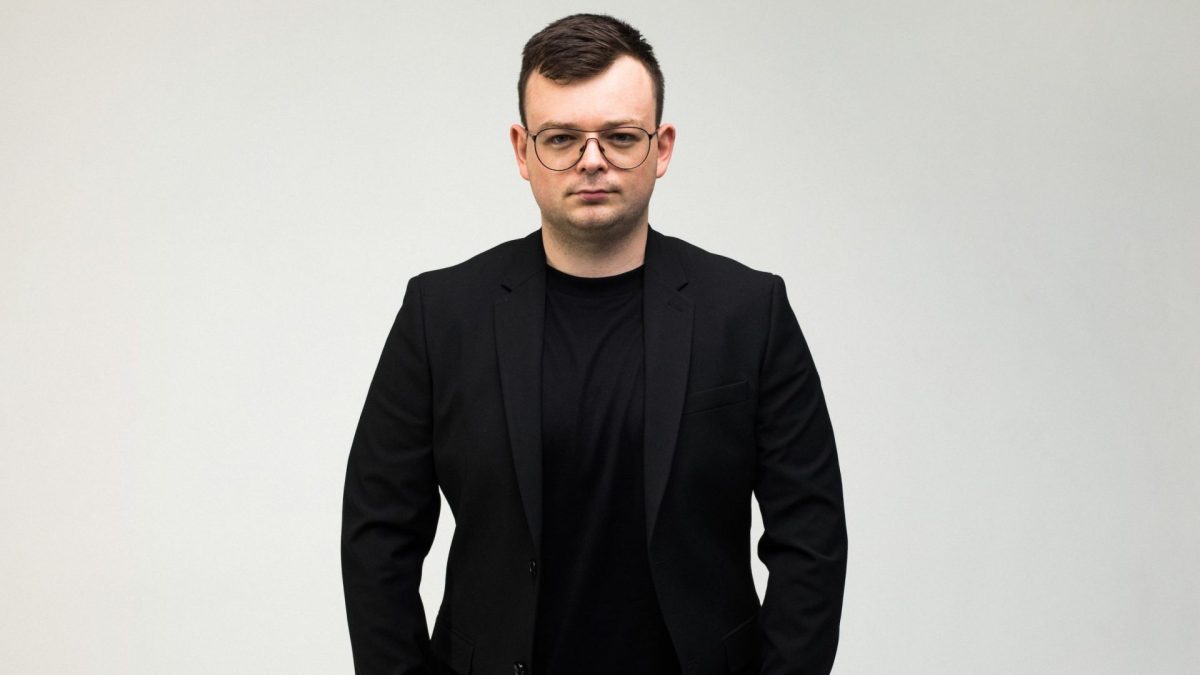
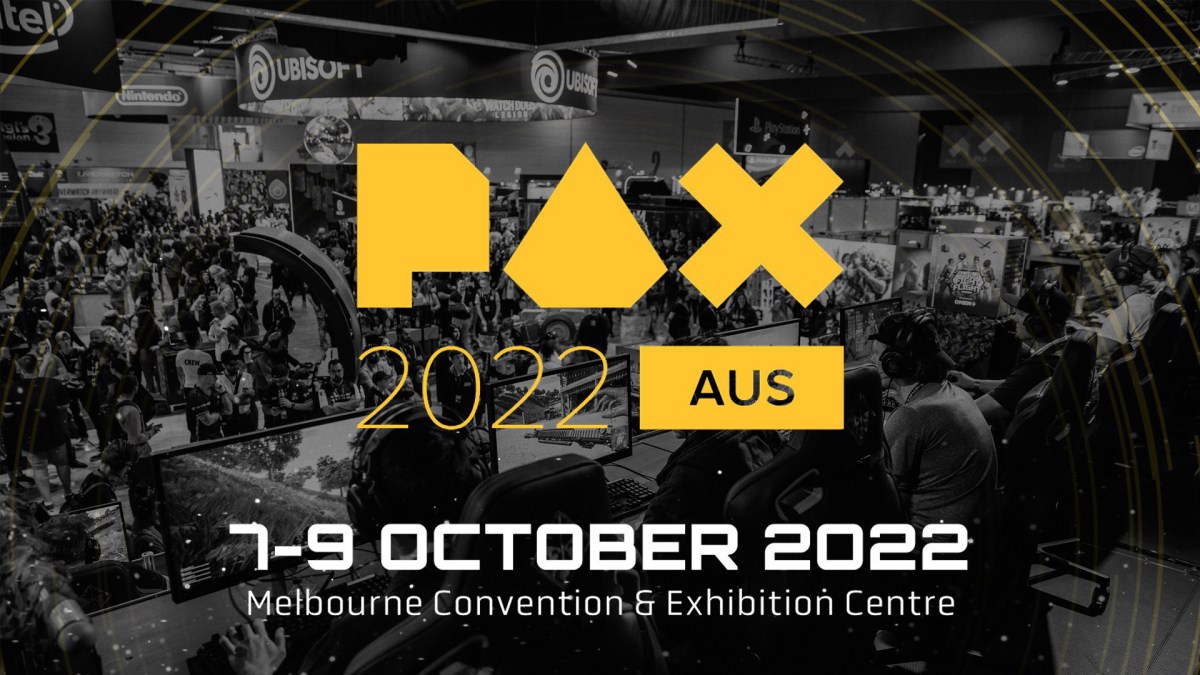
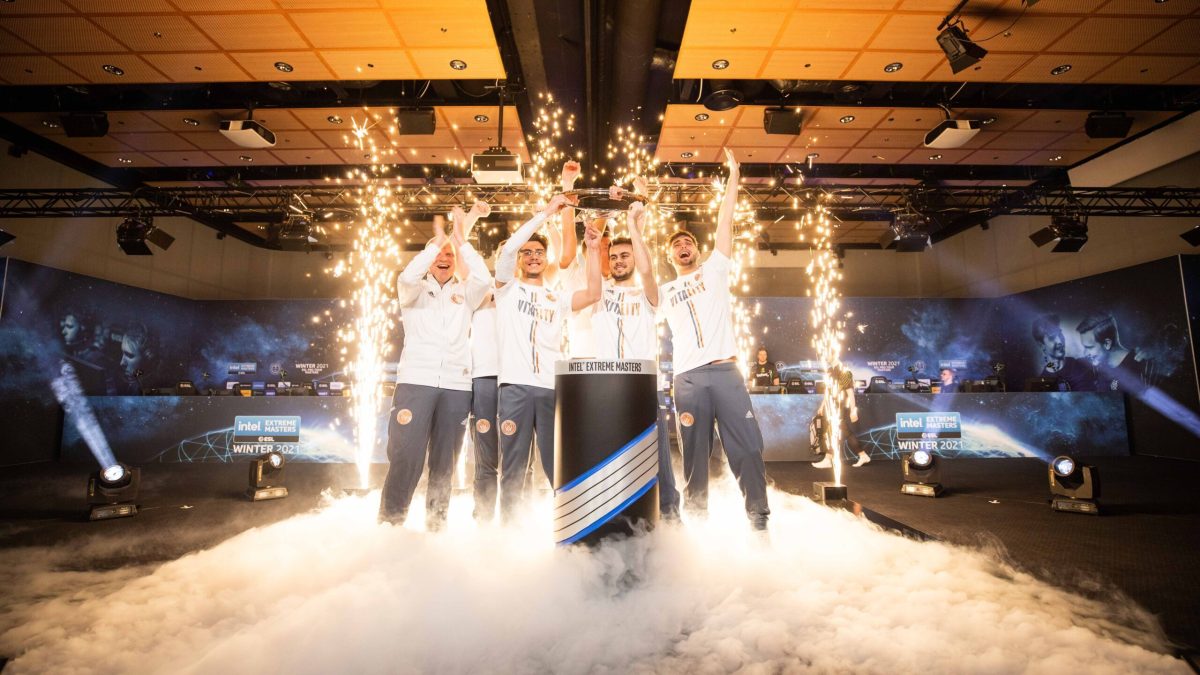
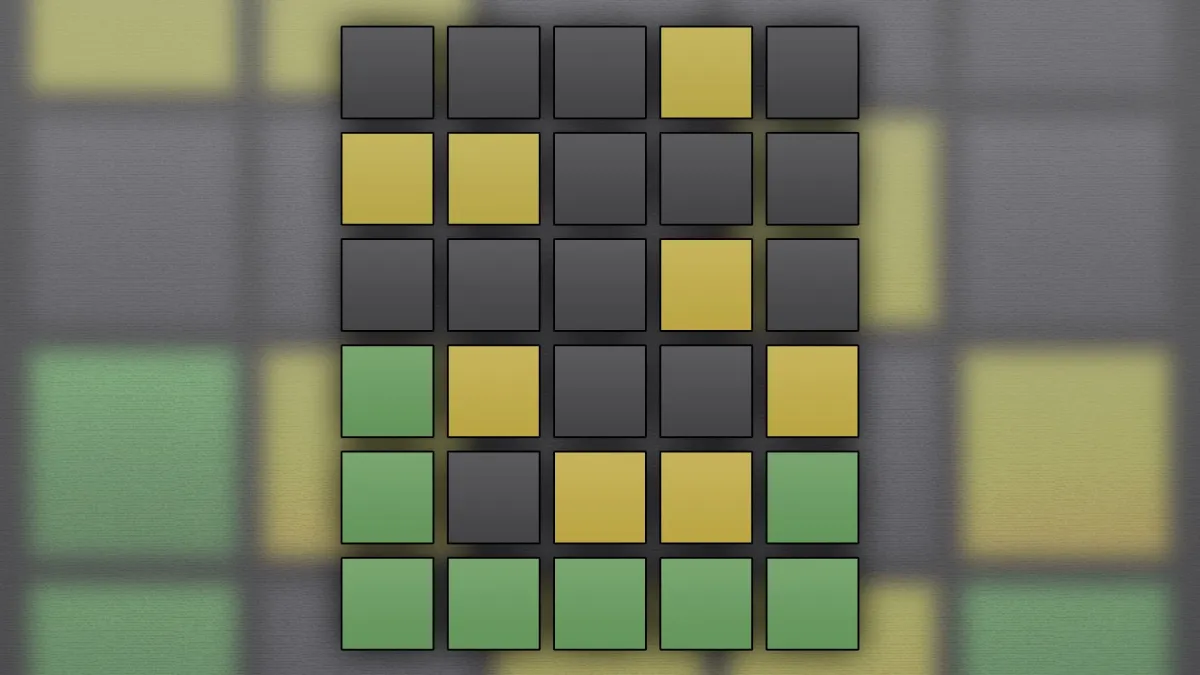
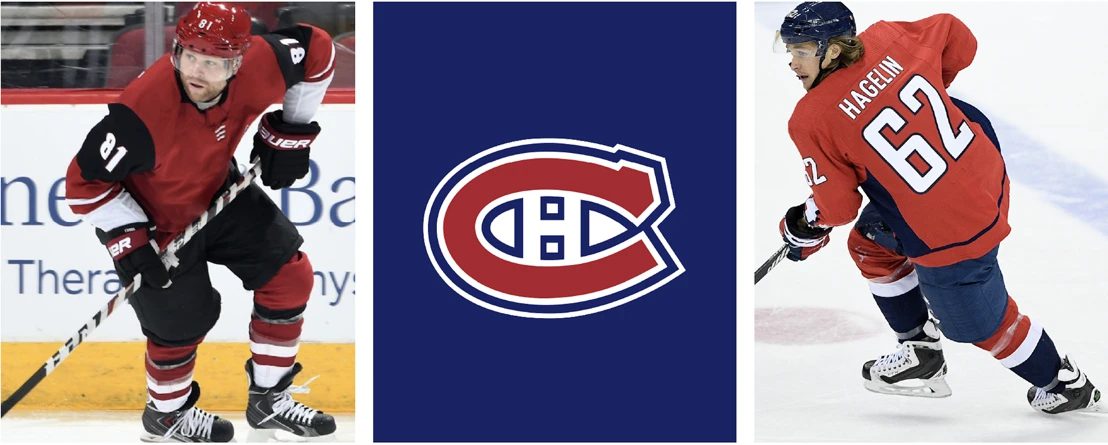

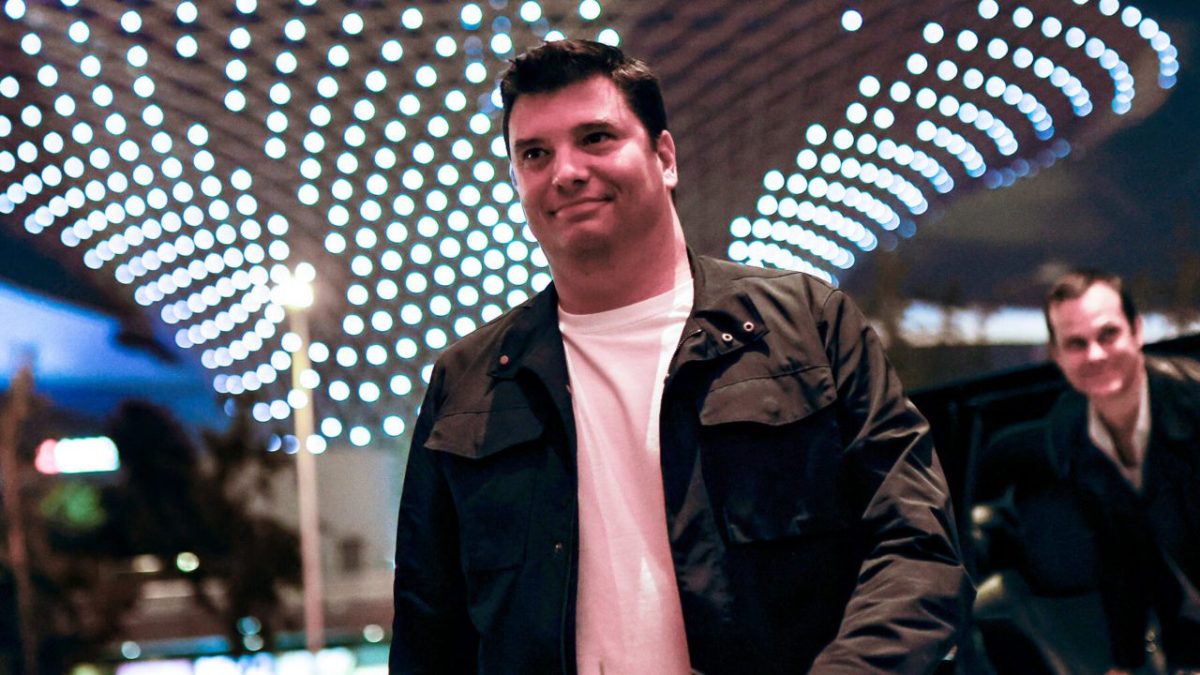
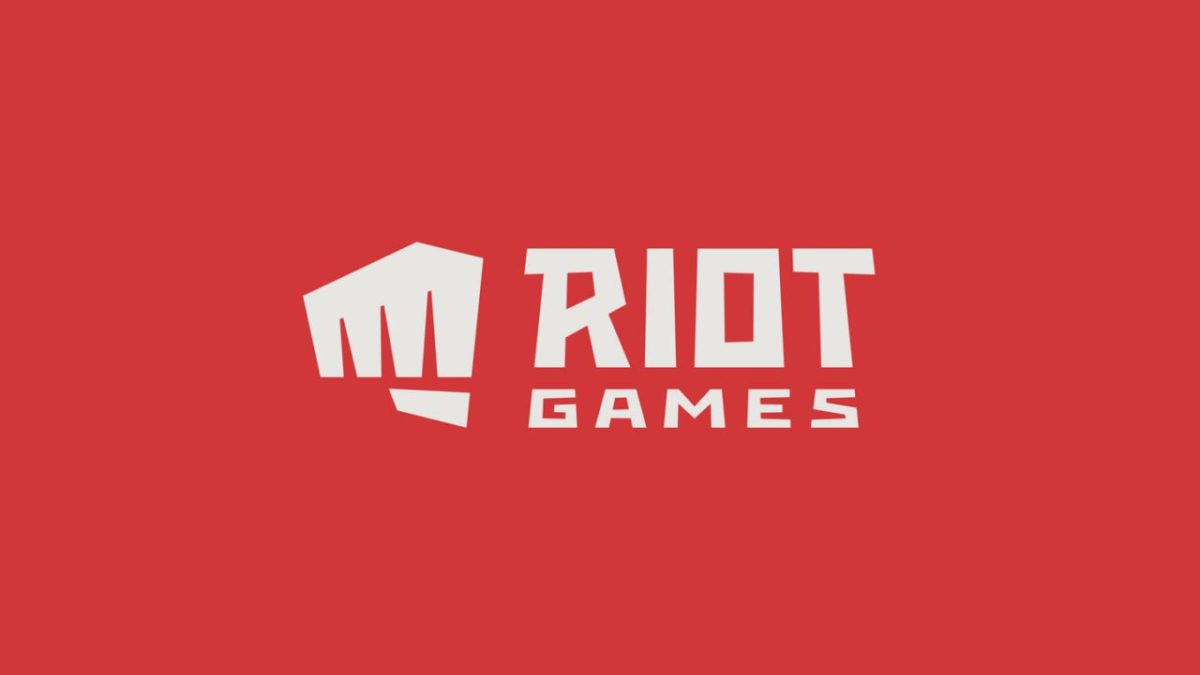
Published: May 4, 2019 10:09 am